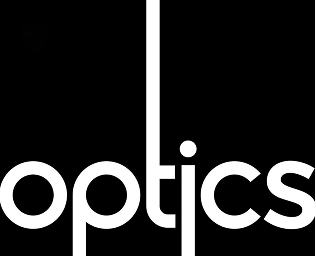Parents are always looking for ways to save money. If you have kids of your own, you know just how expensive it can be to feed, clothe and entertain an 8-year-old ball of energy. In fact, Parenting Magazine says the average child costs about $15,000 a year (and that doesn’t even include extras like private school tuition or ski lessons.) And, as a marketer, it’s important to consider these variable costs when you’re trying to reach their parents. Parents have to think ahead to be able to save for college tuition, for rainy day activities and for unexpected circumstances.
This is why most parents, like myself, will find themselves attracted to things that will save them money. Wholesalers like Costo and Sam’s Club do extremely well with their model of selling bulk goods at wholesale prices because people just can’t pass up a good bargain. You can buy a month’s worth of paper towels for a family of five in a single trip to Costco, and pay far less than you would for it had you gone to a local drugstore.
[quote]Check out BIGEYE’s successful mom marketing strategies that brought The Daily Mom App to the Top 25 Downloads Position on iTunes. [/quote]
In marketing to parents, it’s important to consider their needs and think about the things that really affect their lives. The good news is that parents always need ways to entertain their children. They also desire to provide fun and interesting educational experiences to children, ways to give them new ways to think about the world and nurture their interests. And, when there’s a deal tied to a way to do that, it often sets forth a psychological signal that encourages the parents to buy.
Even when the deal isn’t necessarily that much better than the actual price, sometimes just seeing that you can get a free soft drink with a purchase inspires you to go for the deal. This is why the coupon special at Chuck-E-Cheese can get people through the door and, in many cases, cause them to spend even more than they would have if they had gone there without a coupon. Something about the terms “20% off” or “Buy One Get One” send a signal that the parent is getting more bang for his buck, even if it’s a product the parent wasn’t planning to purchase in the first place. (Of course, if you do experiment with coupons, be sure to integrate testing mechanisms to see which types of deals perform better with your customers.)
Psychologists know that material things will only last so long, but that the experiences that parents can give their children can stay with them for their lives. But often it becomes a financial issue, or at least a perceived one, that they can’t afford a vacation they wanted to take or go to an Orlando Magic game. Of course, in attaching a deal to that, it suddenly makes the excursion appear to be more affordable.
If you need more ideas to help connect with parents using a deal marketing approach, contact the team at our Florida advertising agency, and we’ll give you the information you need to offer great strategies to reach parents that are cost-effective to both you and the parents you aim to reach.
